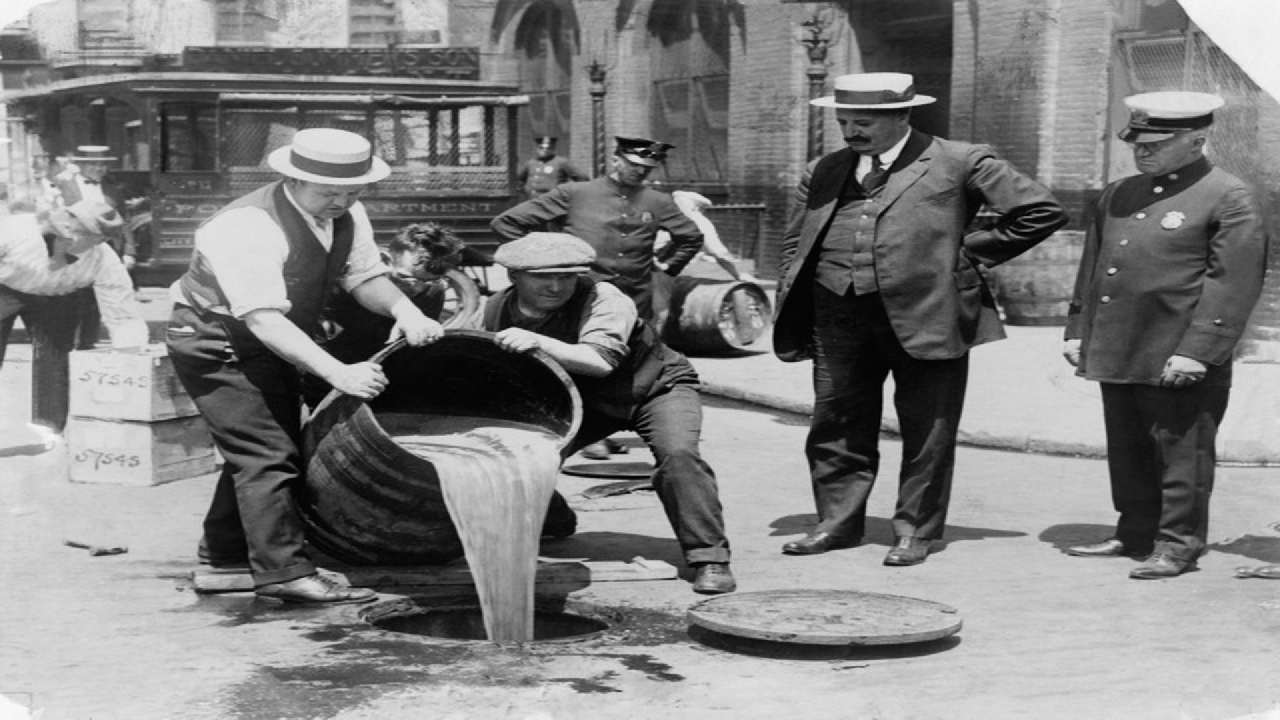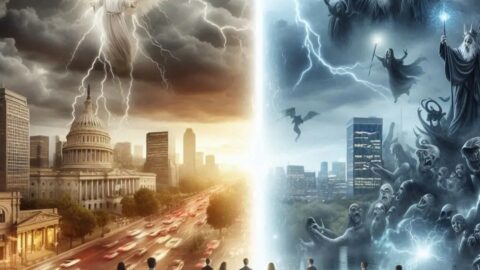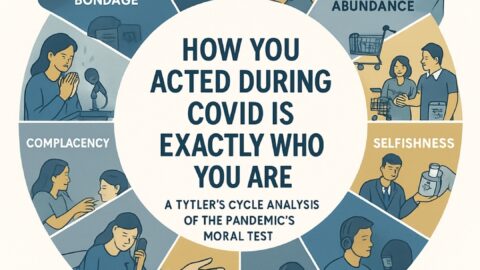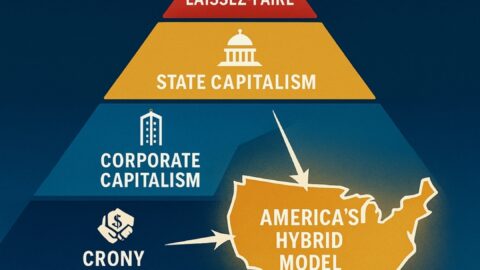After reading The Law by Frederic Bastiat, Prohibition became more interesting to return to that era to apply the understanding and awareness of the principles learned from his treatise. A great source on Prohibition was the documentary from PBS by Ken Burns to understand the people, period, issues, and interests involved in the collusion of passing of the 18th Amendment.
The documentary talks about the problems leading up to the passing of the 18th Amendment. Some Americans were hoping this would solve the problems of the day. Still, it only created additional issues documented by passing the 21st Amendment, which repealed the 18th Amendment.
“There is a belief in human perfectibility that humans can be perfect. And alcohol is the fly in the ointment. You could have a perfect marriage if it weren’t for alcohol. You could have a perfect husband if it weren’t for alcohol. You could have a perfect community if it weren’t for alcohol. And alcohol, in a way, becomes the scapegoat for all of the failures in society. If you didn’t have alcohol, you wouldn’t have poverty. You wouldn’t have domestic violence. You certainly wouldn’t have prostitution. And the solution that the people in the temperance movement came up with is that the only moral solution to this problem is to get rid of the drink.” (1)
Alcohol was being used as the “scapegoat for all failures in society.” It was the boogeyman, and fear was being used to stir people’s emotions up to push for more Federal control over States and to take away individual rights.
It was rumored to be a conservative movement, when in fact it was a progressive ploy. It was to legislate instead of persuade.
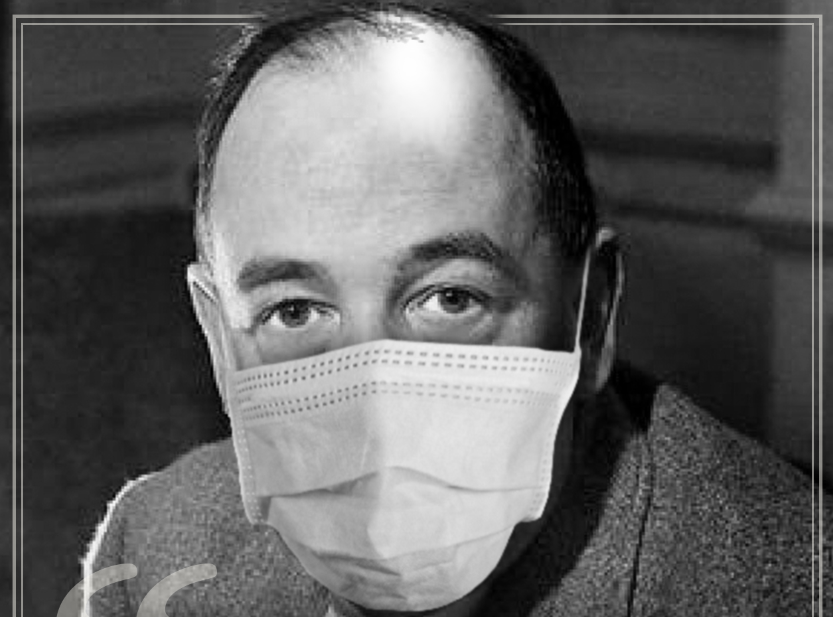
“Of all tyrannies, a tyranny sincerely exercised for the good of its victims may be the most oppressive. It may be better to live under robber barons than under omnipotent moral busybodies. The robber baron’s cruelty may sometimes sleep, his cupidity may at some point be satiated: but those who torment us for our own good will torment us without end, for they do so with the approval of their own conscience. . . . This very kindness stings with intolerable insult. To be ‘cured’ against one’s will and cured of states which we may not regard as disease is to be put on a level of those who have not yet reached the age of reason or those who never will; to be classed with infants, imbeciles, and domestic animals.” — C.S. Lewis
After watching the documentary, this concept and quote came to my mind.
“The remedy is worse than the disease.” – Francis Bacon
Figuratively speaking:
“The solution or proposed solution to a problem produces a worse net result than the problem does . . . via unintended consequences.” (2)
By studying and understanding the issues of Prohibition, the same principles can apply today when considering regulating other people’s lives, property, and liberty.
Our elected officials would be wiser in understanding the law of unintended consequences.
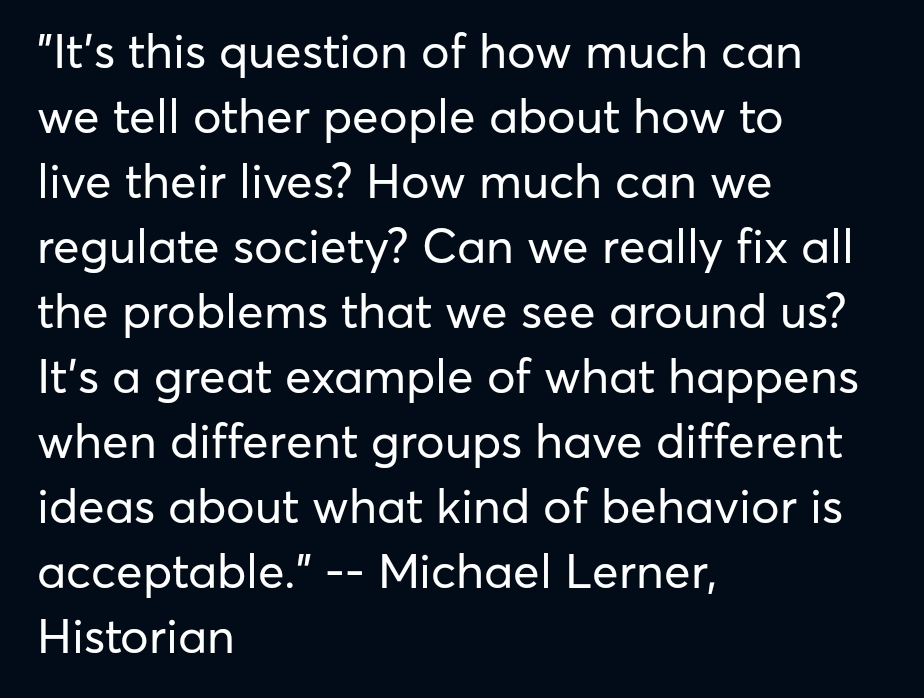
(1)
We find that there were different views based on opinions, biases, and prejudices of the acceptable behavior to whom and by what standards.
Do we really have the right to tell our neighbors what they can and can’t do with their own property, life, and liberty?
Prohibition muddied the waters and crossed the lines regarding the proper role of government and individual rights and responsibilities. It was the collective over the individual rights of man.
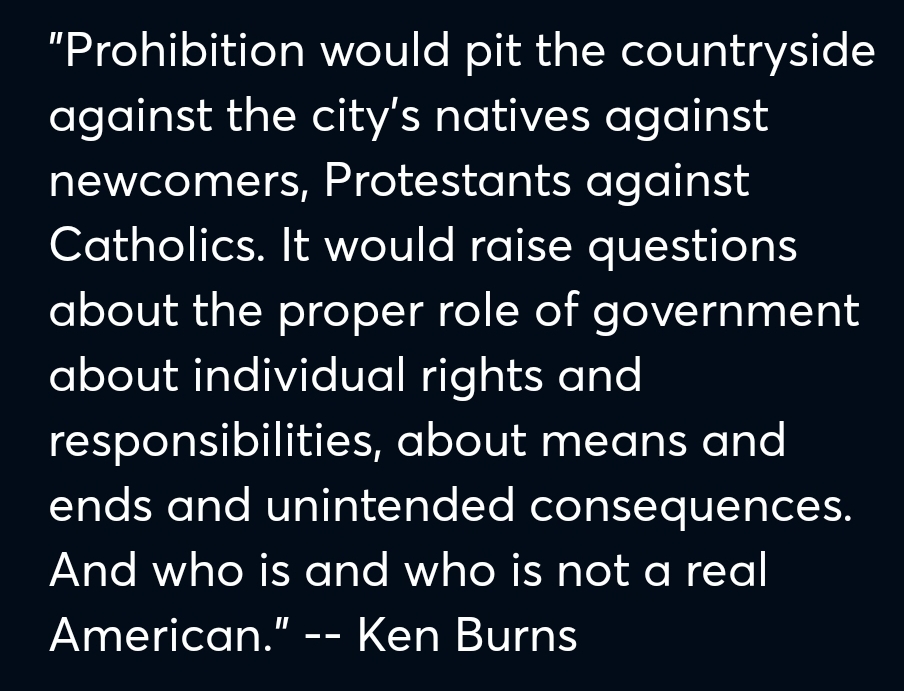
(1)
This reminds me of the Divide and Conquer strategy that we continue to talk about in the context of our current political environment in the COVID-19 and wars with Ukraine and Russia along with Isreal and Hamas.
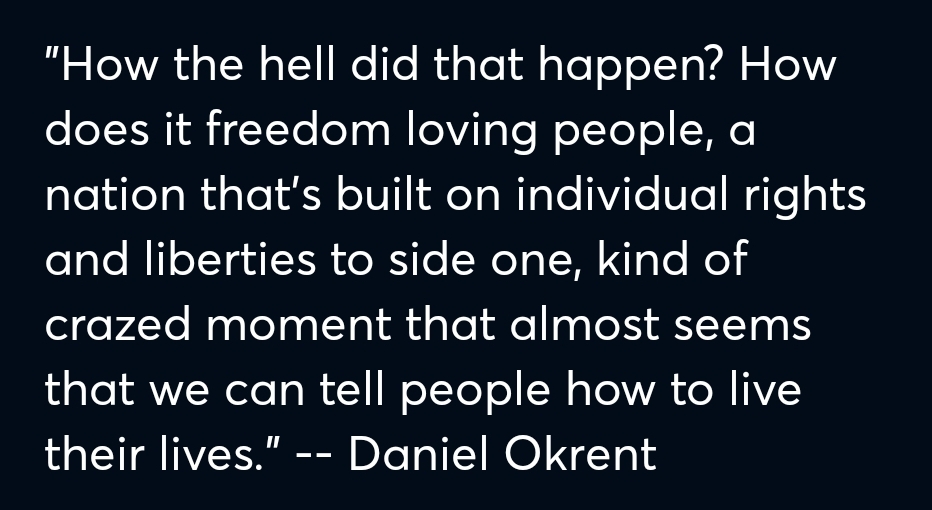
(1)
Americans were slowly forgetting the God-given rights that were enshrined in the Bill of Rights and the Constitution of the United States by way of boundaries, confines, and perimeters.
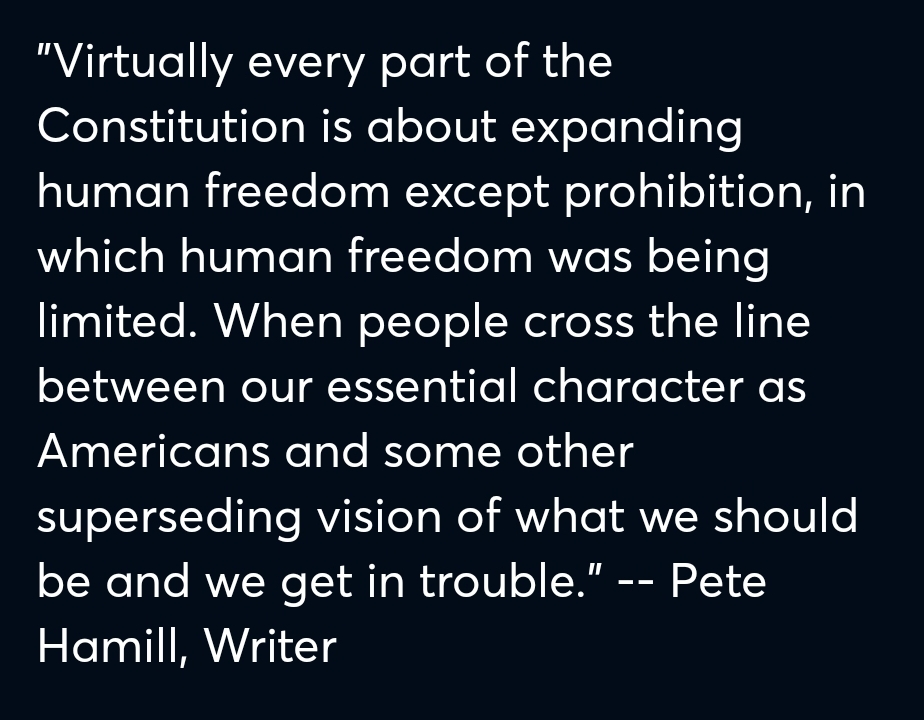
(1)
The Constitution should be a template for what the government can and doesn’t do. It is the citizen guidebook to the government, barriers that we should not cross over, and if we do, there will be unintended consequences to that as well.
The government is not allowed to violate the Bill of Rights. Our government should protect and maintain our freedoms, not limit them.
They should concentrate on what Mark Passio describes as “THE TRUE 7 DEADLY SINS.” Nothing more and nothing less.
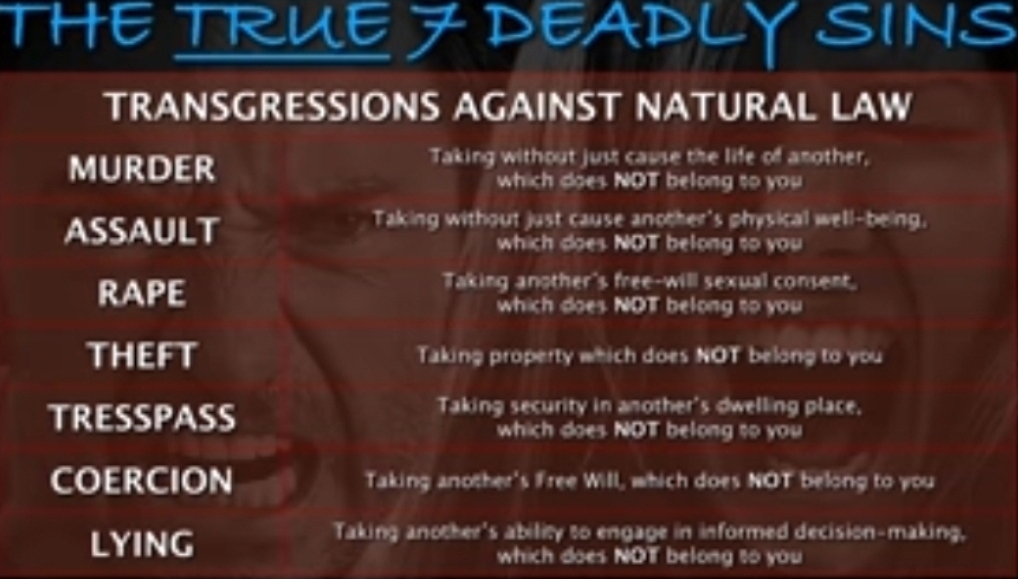
(3)
In our current therapeutic model of dealing with Americans’ mental health problems. One of the main concepts they teach is Boundaries by protecting people in their compartmentalized lives.
The Bill of Rights and the Constitution were to protect people in their compartmentalized lives of government, society, and culture. These documents are a promise our elected officials make to have certain boundaries and protections for Americans. The Bill of Rights is nothing less than boundaries the government is not to violate.
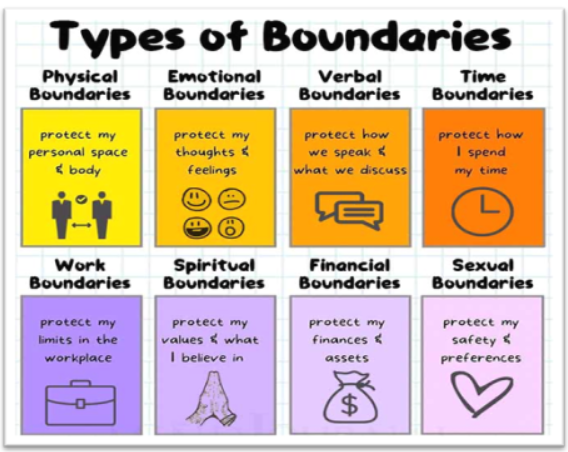
(4)
There are some areas where the boundaries have made things worse, like emotional boundaries, but even that is a gray area. Overall it is an important concept to know, apply, and how to be.
Was prohibition worth it?
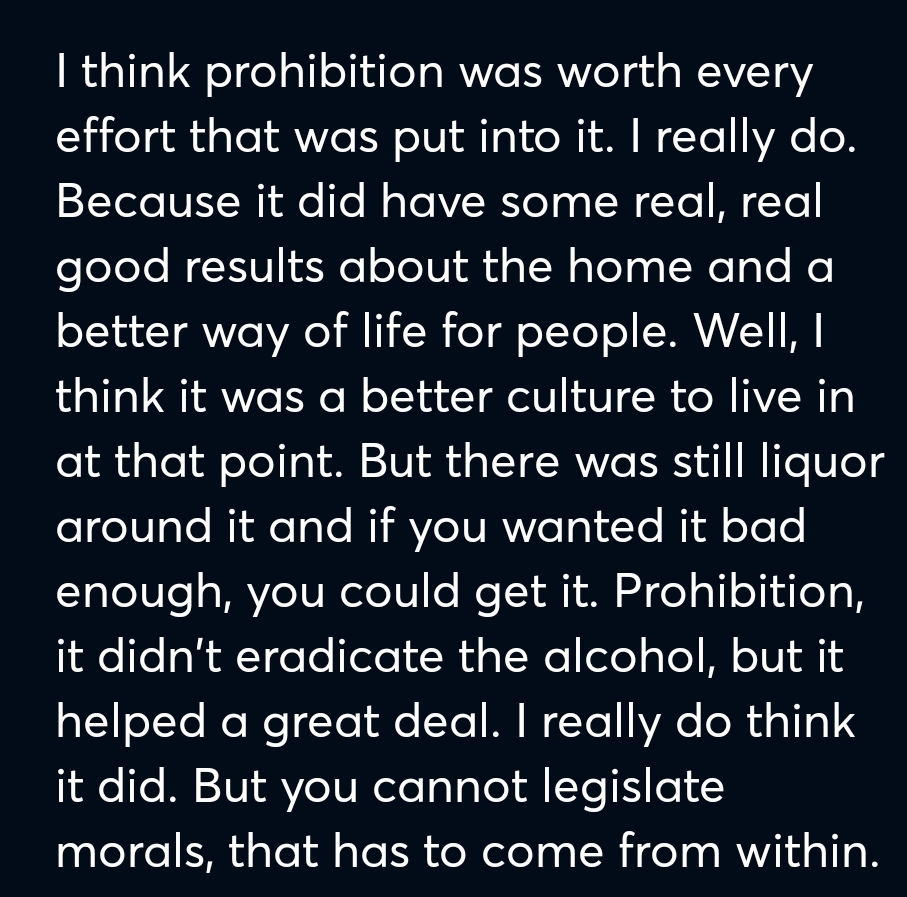
(1)
This was one person’s opinion from the documentary as she said it was worth it but then undermined her own words by saying Prohibition couldn’t “eradicate” alcohol. If a person wanted it bad enough, they could get it. Alcohol went underground and was not as transparent in society and culture.
Because it was out of sight, it was out of mind. Therefore, it might appear to have solved problems, but all it did was make it go underground and “start doing something secretly, or hide in a secret place.”
“The battle would eventually result in an amendment to the Constitution of the United States. Prohibition. It was meant to eradicate evil. Instead, it would turn millions of law-abiding Americans into law-breakers.” (1)
“Under the terms of the Eighteenth Amendment, Prohibition began on January 17, 1920, one year after the amendment was ratified.” (5)
On January 16th, Americans were law-abiding. On the next day, January 17th, 1920, many Americans were turned into criminals overnight due to opinions in violation of Life, Liberty, Property, and the Pursuit of Happiness.
How many laws are based on opinions?
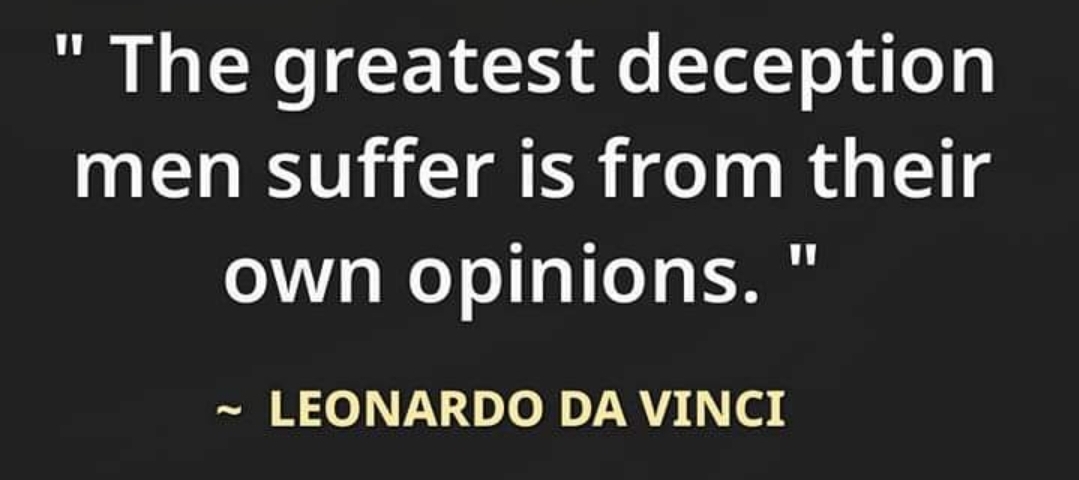
Many Americans lost their lives due to enforcing this bad Amendment due to opinions, biases, and prejudices. Many Americans lost their lives standing up against this bad law by nullification of their opinions, biases, and prejudices. This amendment and those supporting it violated hard boundaries, confines, and perimeter explained in the Bill of Rights, the US Constitution, and the writings of the Founding Fathers’.
“Every law is violent. . . . invoking the power of law . . . for which they are willing to kill.”
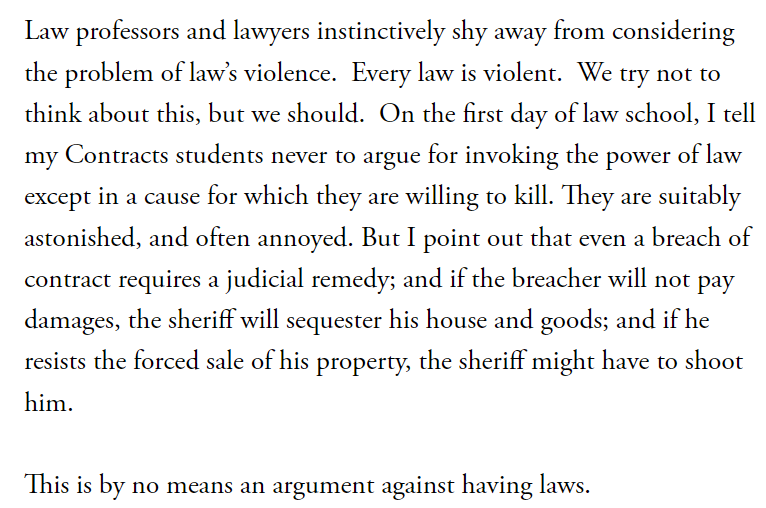
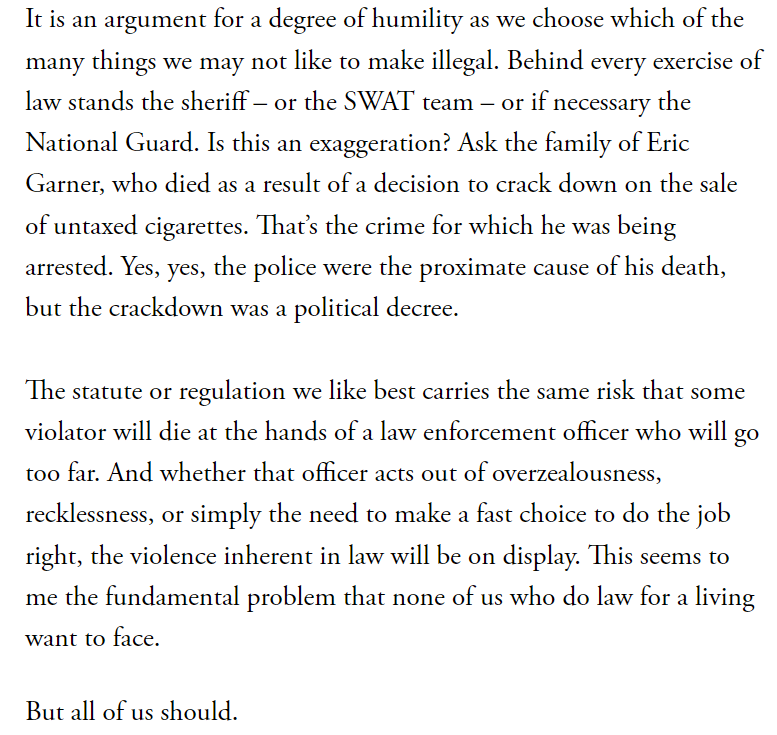
(6)
(1) PROHIBITION by Ken Burns
(2) The-cure-is-worse-than-the-disease Definition
(3) Mark Passio
(4) Creating Healthy Boundaries

